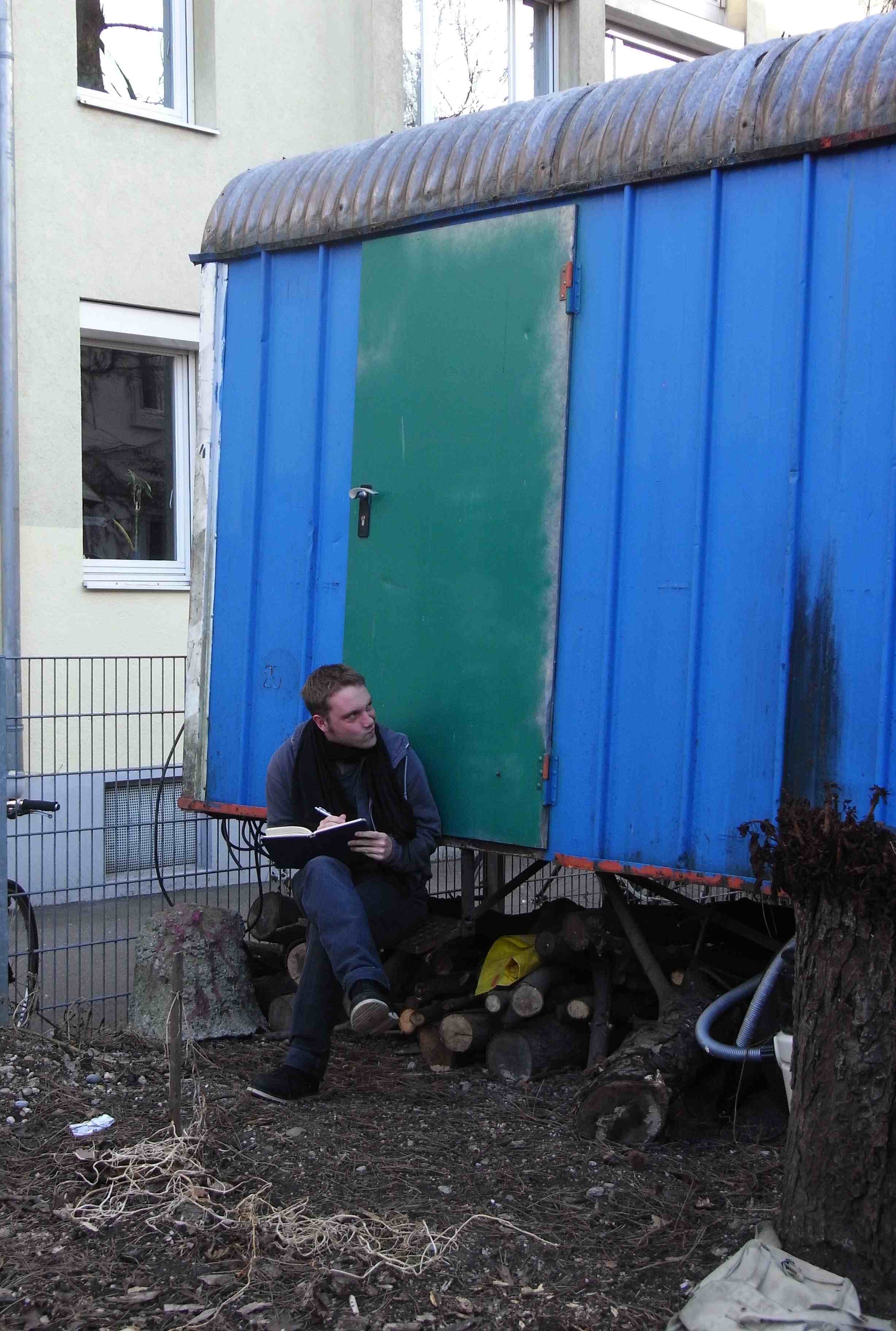Vivre dans une roulotte: Mobile Lifeworlds of Alternative Travellers in Germany and France

Alternative trailer parks are often perceived as trouble spots for political conflicts in urban space. But apart from the often spectacular struggles for their establishment or eviction, they provide an environment for housing and living for several tens of thousands people in Europe. While many dwellers stay at one place for quite a long time, others frequently travel from site to site. My project concentrates on these mobile experiences in contemporary Germany and France. This transnational perspective takes into account the national specifics (p. e. legal framework, dynamics of social movements, issues of social security) of two important Western European states and the impact on these differences for transient concepts of alternative housing and living.
Urban / regional planning and public administrations frequently perceive these sites as problematic solidifications in townscapes or rural areas. Instead of this, I want to investigate them as a supporting structure for a self-chosen life based on mobile practices. Therefore, the leading questions of the project are:
- Which societal conditions and collective aims lead to an adaption of mobile housing as a counter concept to hegemonial forms of living in the context of the new social movements?
- Which biographical situations, factors, (historical) images and motives are today decisive for such a concept of life, but also for a possible turn away from it?
- Which practices of everyday life shape the housing in changing environments, particularly in respect to home-making strategies, domestic work, leisure activities, connections to residents and the (often precarious) strategies of gaining an income.
Putting a focus on the modes and conditions of the earnings, the project wants to examine the shift from a fordist to a post-fordist society. In addition, it examines the evolution of a counter concept which once was created to refuse the norms and constraints of active but patronizing welfare states. The methodology relies on source analysis combined with biographic interviews and an ethnographic analysis of the often elaborately equipped dwellings, where both high-tech and low-tech solutions can be found to serve the needs of changing sites and places.